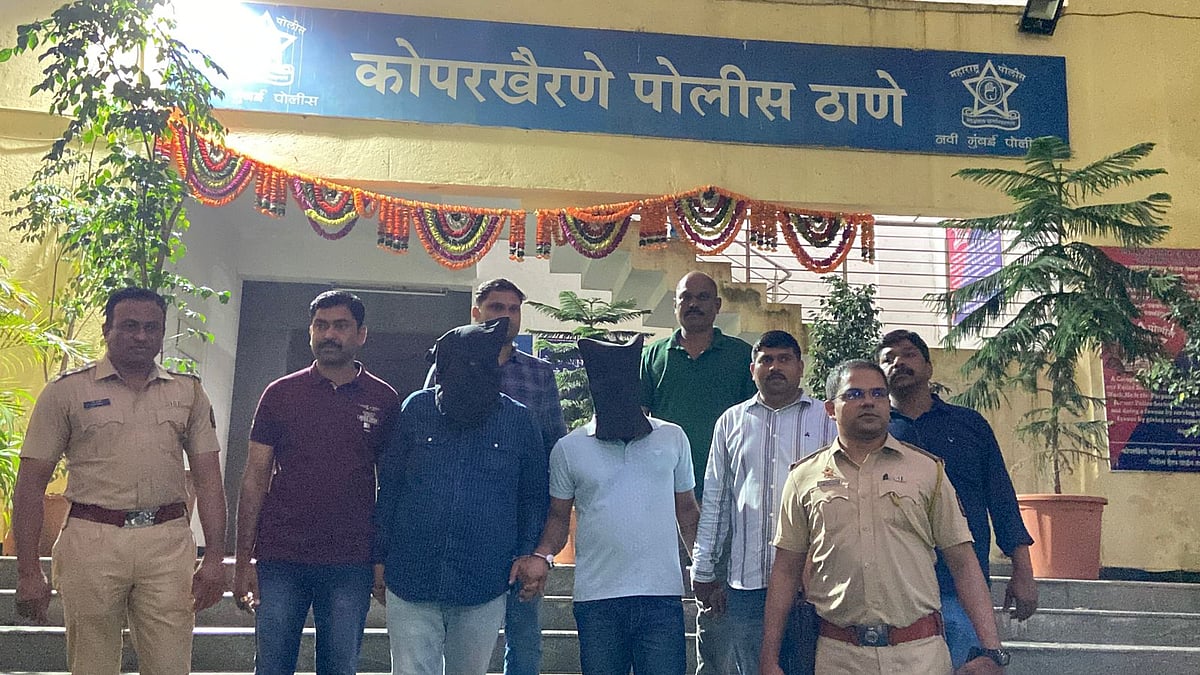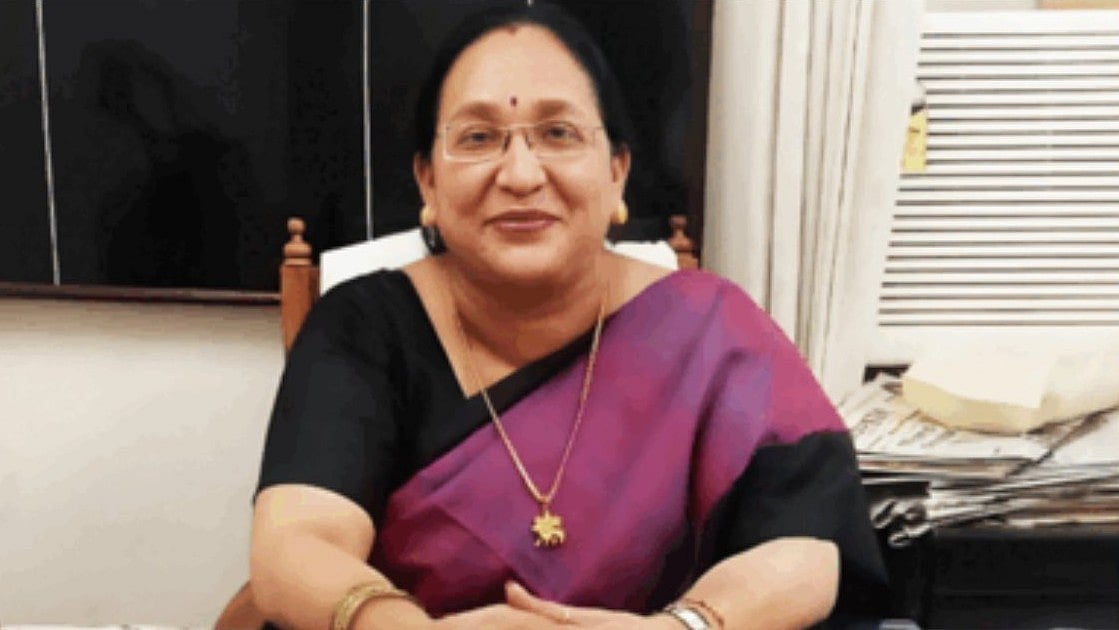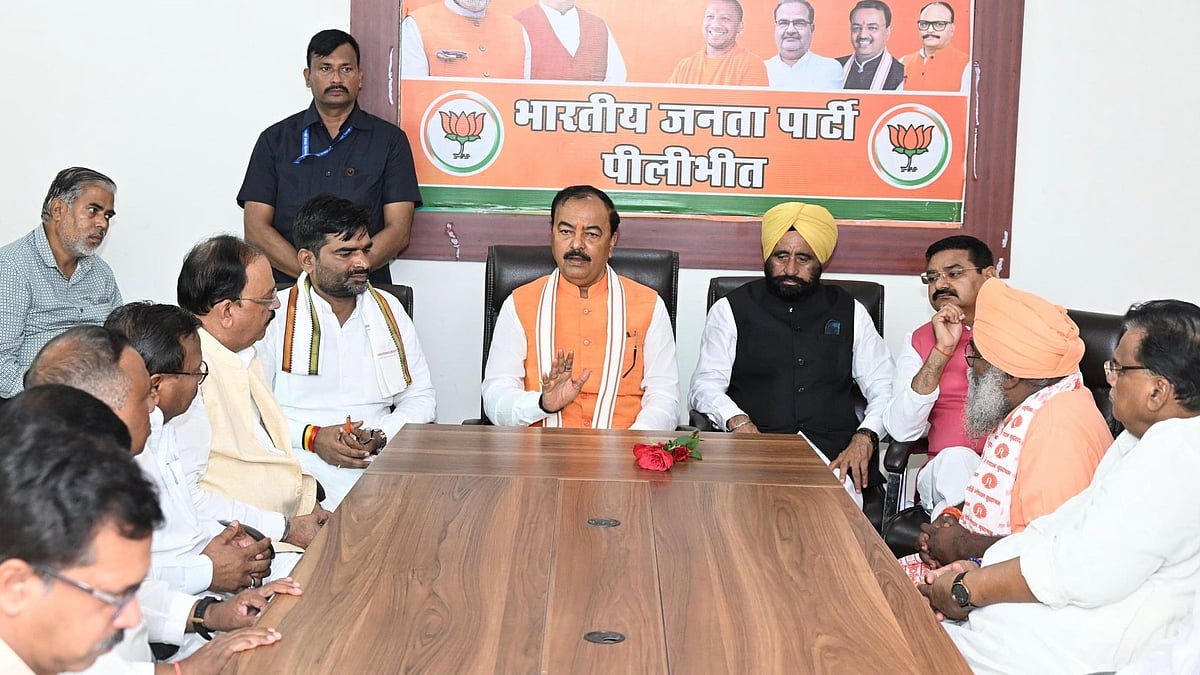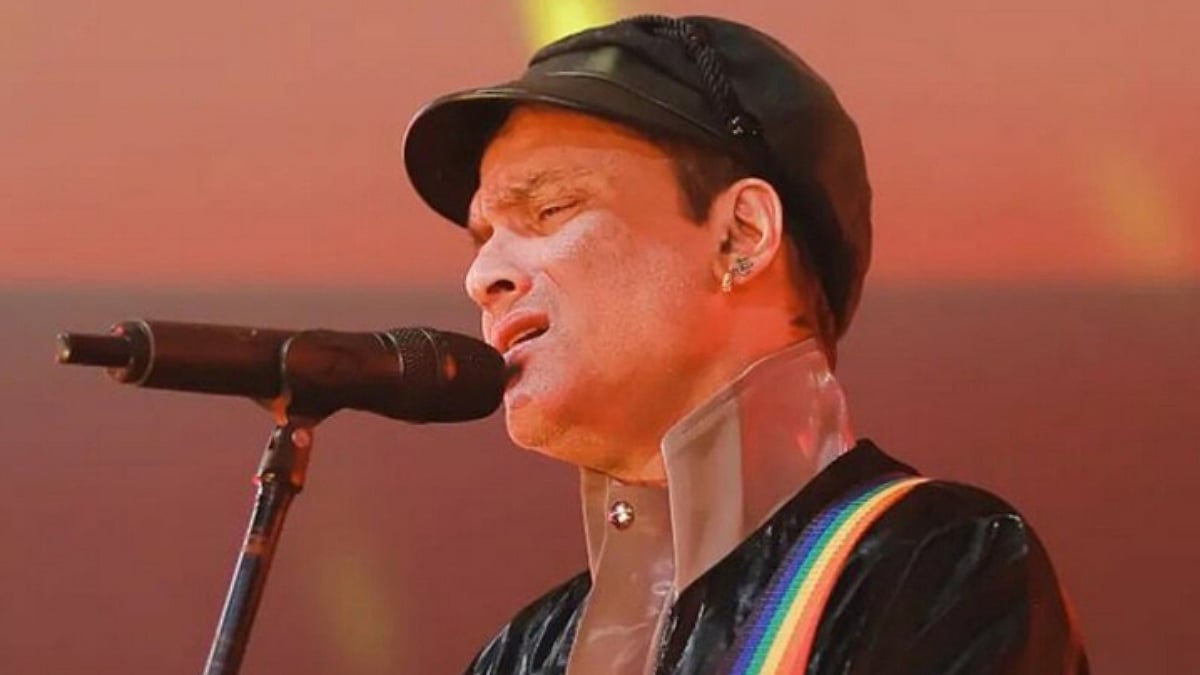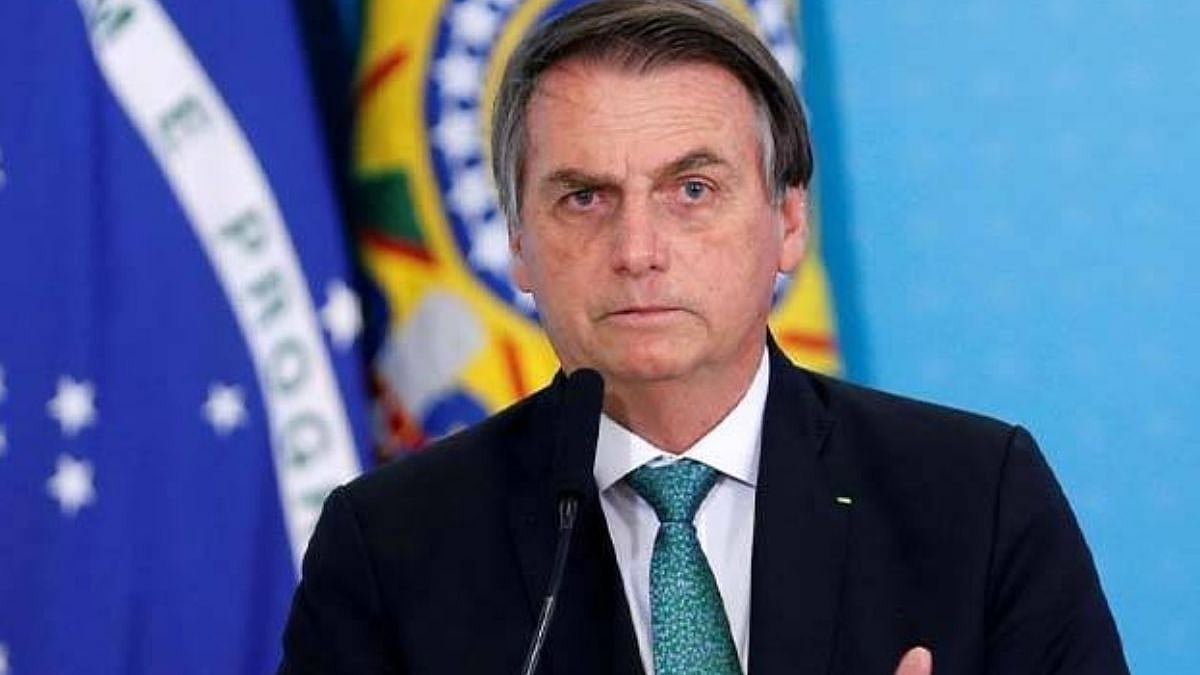We all know that America has ‘a new sheriff in town,’ and in the unipolar world that we still live in, whether we like it or not, the ‘sheriff’ or the newly elected president of the USA, Donald Trump, gets to have the whole world as his backyard to police.
However, for a sheriff to succeed in enforcing the law in his jurisdiction, there is a need for deputies. In the early days of the Cold War, America tried to resolve that problem by setting up security alliances – NATO, CENTO and SEATO.
While CENTO and SEATO have withered away with time, NATO still exists. But with the death of communism in Europe, and with Trump’s recent unilateral declaration that Ukraine will not get to join NATO, and that it will have to smoke the peace pipe with Russia on more or less Russian terms, the North Atlantic Treaty is, more or less, now a costly weapons club with no immediate purpose.
That brings us back to the USA’s need for local deputies to help it out. For Asia, the Trump administration seems to be pushing for the QUAD, a grouping of the USA, India, Japan and Australia, to take care of the Indian Ocean and western Pacific area in which flashpoints, such as the South China Sea and Taiwan Straits, exist.
Besides transactional discussions on tariffs, oil and defence purchases, not surprisingly, the two sides announced plans to sign this year a new ten-year ‘Framework for the U.S.-India Major Defence Partnership in the 21st Century.’ The two sides also said, as New Delhi was a “major defence partner and a key Quad partner, the U.S. and India will review their respective arms transfer regulations” and “break new ground to support and sustain the overseas deployments of the U.S. and Indian militaries in the Indo-Pacific, including enhanced logistics and intelligence sharing.”
Besides the larger Indo-Pacific, is Washington looking towards New Delhi to don the local policeman’s uniform in South Asia too? There are pointers. In a press conference last week after his talks with Prime Minister Narendra Modi, Trump, while speaking on Bangladesh, said India has been dealing with the Bangladesh situation “for a hundred years” and that he would “leave Bangladesh to the Prime Minister.”
While there are many interpretations of what Trump actually meant when he said those words, ranging from he would leave Modi to answer the question asked (which was a rambling one starting with whether the American deep state had changed the Dhaka regime) to he would let India deal with the chaotic situation in Bangladesh, the dismissive statement points perhaps to a new era where the USA is not particularly interested in countries such as Bangladesh or other smaller players on the global stage, unless developments there threaten or upset the world order.
Are these developments to be left to the local partner to handle in that case? There are pointers again from the statement issued at the end of the talks. The Indo-US joint communique, which said, “the global scourge of terrorism must be fought, and terrorist safe havens eliminated from every corner of the world,” tellingly spoke about Pakistan-based groups like the Lashkar-e-Taiyyiba and Al-Qa’ida, ISIS and Jaish-e-Mohammad. These groups are also known to have affiliates in Dhaka. The statement thus seems to place both Pakistan and Bangladesh on notice.
Noises are also emanating out of US policy circles against Yunus and Sharif governments in Bangladesh and Pakistan. There have been deliberate leaks about USAID involvement in the regime change in Bangladesh (which Trump, for the record, has denied). A section of American politicians from the Republican party are also pressing for the release of Imran Khan from custody in Pakistan. The US has also demanded that Afghanistan return the huge cache of heavy armaments that American forces left behind in that country as the Taliban was allowed to take over in the last decade in a deal brokered by Pakistan.
India is unhappy at the way the Hasina-led government was replaced by a military-supported government led by a former Clinton Foundation protégé and fears that Islamic terrorism will again rise in South Asia, given the new regime’s attitude towards India and its calculated release of all those convicted of terrorism charges or links over the last one and a half decades.
It is also unhappy about the continuation of Pakistan’s proxy war in Kashmir on the one hand and the lack of progress in normalising relations with it. The current military-supported government is increasingly becoming unpopular, and a concerted push might see a regime change in Islamabad, which may be more amenable to doing a grand deal ending militancy out of Pakistan in exchange for peace, trade and investments.
On the other hand, New Delhi is trying to build a new relationship with Afghanistan and may be in a position to broker a deal for the return of the US heavy defence equipment from Kabul.
Officials say the Americans seem to be agreeing with India’s assessment of South Asia but are banking on India to manage its troubled neighbourhood while Washington concentrates on its “big fight” with China.
The end of the second World War had seen the creation of a bipolar world, where global peace was maintained by the balance of power between the Western bloc led by the USA and the socialist bloc led by the Soviet Union.
The spectacular collapse of the Soviet Union and its satellite states in the 1980s-1990s saw the rise of the unipolar world, where raw American military prowess, combined with its economic heft, meant that Washington was the sole ‘sheriff’ of the world.
While the rise of China, the rise of the middle powers like India, Brazil, and South Africa, and the attempt to forge new power centres such as the BRICS, have chipped away at the shine on the USA’s eagle standard, these epochal events haven’t really done any lasting damage to it as yet.
However, the new US president has also indicated that his principal political-economic theory of MAGA, or Make America Great Again, is going to be implemented in a cost-effective manner. Which means the USA wishes to see the world remain a unipolar one but will use its strength to make others pay for it to remain so.
The NATO members will have to fend for themselves by paying for Europe’s defence. Adventures like the proxy war in Ukraine against Russia are being discouraged, if not stopped altogether, because the US thinks them to be wasteful expenditures spent on local squabbles, which do not threaten the world order as it stands.
Local partners, like the QUAD alliance, will have to pick up the gauntlet in containing China and not depend on the might of the US Navy alone to patrol the South China Sea, the wider Pacific and Indian Oceans, through which most of the world’s commerce passes.
Of course, to maintain such a system, there have to be local deputies to the sheriff. The question remains, has New Delhi agreed to sign on to that role?
The writer is former head of PTI’s eastern region network

